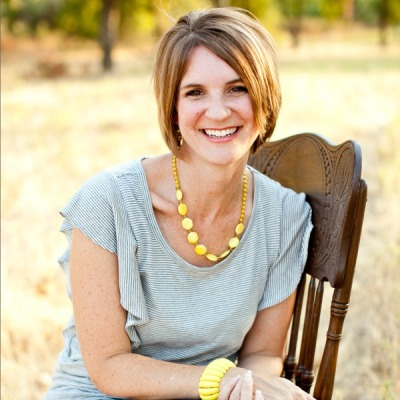Women Not Assuming Available Leadership Roles Is More Pressing Than Women in the Pulpit

Once again the internet has been abuzz with discussions of whether women should preach in the local church gathering. Whenever the issue is raised, those who oppose it are quick to explain that the role is not withheld from women because they are less valuable than men. And that "equal value" assertion always shifts my eyes from the pulpit to a more pressing concern. As some continue to debate the presence of women in the pulpit, we must not miss this immediate problem: the marked absence of women in areas of church leadership that are open to them.
The women e-mailing me regularly are not worried about winning the pulpit. They're still facing opposition over teaching the Bible to other women. They are fighting to be seen as necessary beyond children's ministry and women's ministry. They are fighting to contribute more than hospitality or a soft voice on the praise team. They are looking for leadership trajectories for women in the local church and finding virtually nothing. They watch their brothers receive advocacy and wonder who will invite them and equip them to lead well. If the contributions of women are equally valued in the church, shouldn't we see some indication in the way we staff? In who we groom for leadership, both lay and vocational?
Because we don't see that. Not even close. And we must not ignore this problem.
This concern over women in the pulpit draws our attention because we regard the role of pastor highly, as we should (1 Tim. 3:1). But we must be careful that our high regard doesn't morph into idolatry. The blogosphere overflows with articles addressed specifically to pastors: how to study more effectively, how to counsel, how to mentor, how to balance work and rest, how to lead. More often than not I wonder why the author limited his audience to pastors. Why not speak to the priesthood of all believers? Much of this counsel applies equally to the roles of teacher, counselor, minister, lay leader—roles that can be filled by both men and women. Roles that, if we focused on equipping, could make lighter work for the role of pastor in a way that is, well, biblical (Eph. 4:12). It's no wonder serious, thoughtful Christians—men as well as women—think they need to be pastors when we represent that role as "the one for people with spiritual gifts" and devote comparatively little attention to other places of service. If we're worried about women in the pulpit, maybe the best thing we could do is to equip the entire congregation to do the work of ministry, to speak of everyone's contributions as indispensible. Better yet, we could just do that out of obedience to God's Word (1 Cor. 12).
I have no desire to minimize the role of pastor. It's vitally important. But I don't think it's good for Christians to fixate on it at the expense of other roles. We need some hands and feet to go with all these heads, and many of them are female. The sisters among us are wondering when we'll be able to tangibly demonstrate equal value in the local church, not just affirm this value with our words. Think of the problem this way: If a young man of obvious ministry ability and gifting showed up on the doorstep of your church, who would you put him in contact with? How would you help him find his place in ministry? What opportunities would you seek out for him to cultivate his gifts and gain ministry experience? What hopes would you have for him as a leader? Now, ask yourself the same questions for a woman. If the fact that she will never fill the pulpit means you cannot imagine a ministry trajectory for her, something is wrong. What ministry might she build and run? What place on your executive staff might she fill? What committee needs her leadership? What role in the Sunday gathering needs her voice and example? Where can her teaching gift be leveraged? What blind spot or planning dilemma can she speak into? What mission effort can she spearhead?
I am not interested in the pulpit. But I cherish the hope it will one day yield up a sermon on the priesthood of all believers: "Brothers, We Are Not All Brothers." Treasure the brotherhood of the pastorate, but for the love of the church, invite your sisters to take a seat at the ministry table, a seat you may reflexively want to fill with a man. Debate the question of women preaching until Jesus returns if you must. But when he does, may he be greeted by a church whose practice affirms its belief that the equal value of men and women was never open to debate.




























